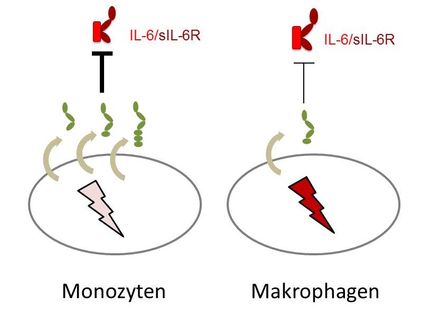The Crafoord Prize in Polyarthritis 2013
Advertisement
The Royal Swedish Academy of Sciences has decided to award the Crafoord Prize in Polyarthritis 2013 to:
- Peter K. Gregersen, The Feinstein Institute for Medical Research, Manhasset, NY, USA
- Lars Klareskog, Karolinska Institutet, Stockholm, Sweden
- Robert J. Winchester, Columbia University, New York, NY, USA
“for their discoveries concerning the role of different genetic factors and their interactions with environmental factors in the pathogenesis, diagnosis and clinical management of rheumatoid arthritis”.
Rheumatoid Arthritis: risky genes become dangerous when you smoke
The knowledge acquired by the 2013 Crafoord Laureates opens new possibilities for the prevention and better treatment of rheumatoid arthritis. Their focused detective work has resulted in a hypothesis that the disease arises from the interplay between genetic inheritance and environmental influences. According to this premise, joint problems from rheumatoid arthritis may start in another part of the body: the lungs.
Rheumatoid arthritis was once thought of as one disease. But researchers now discriminate between two distinct forms. Through their work, Robert J. Winchester, Peter K. Gregersen and Lars Klareskog have contributed to a basic understanding of how the most common and serious form of rheumatoid arthritis develops.
In the 1980s, Winchester and Gregersen found an explanation as to why certain genes increase the risk for rheumatoid arthritis. These genes control the generation of proteins called human leukocyte antigen (HLA). These HLA proteins sit on the surface of all cells; they form a pocket in which molecules from the cell get stuck.
Immune cells, on patrol to defend the body against viruses and bacteria, constantly check the contents of this pocket. If a virus infects a cell, parts of the virus will get stuck in the pocket. The immune system reacts immediately and eliminates the diseased cell. Winchester and Gregersen found that certain variants of HLA proteins increase the risk for rheumatoid arthritis because their pockets form a special shape.
The next big breakthrough came 20 years later. By then, smoking was known to moderately increase the risk for rheumatism. However, Klareskog and his coworkers realised that the risk increases dramatically if smokers carry HLA risk genes. It increases even more if they also carry antibodies against citrullinated proteins. Klareskog’s team has shown that smoking stimulates the formation of those proteins.
The researchers’ systematic mapping has yielded a hypothesis that the most common form of rheumatoid arthritis can start in the lungs. Scientists now believe that citrullinated proteins may fit into the special pocket formed by certain HLA proteins. The disease can thus develop through the interplay between genetics and environment and can slumber in the body for years before awakening. This increased knowledge about the disease’s causes hopefully will result in more refined treatments.



















































